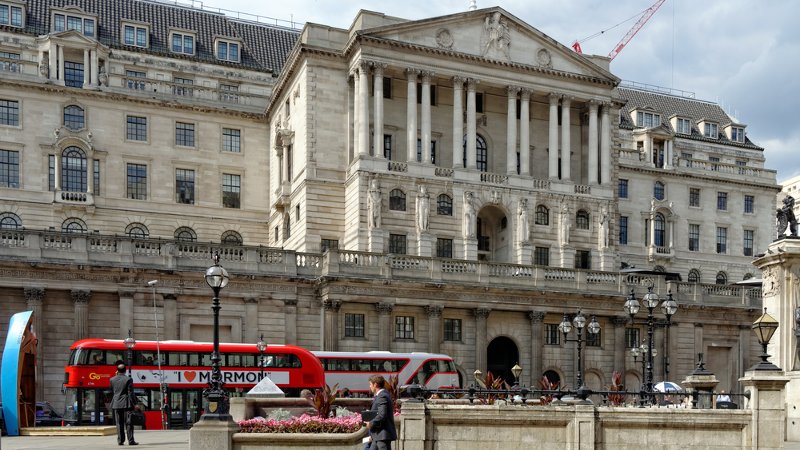This represented a rise from 2.9% in August and means wages are still stagnating.

The UK inflation rate rose to 3% in September – its highest point in over five years.
This represented a rise from 2.9% in August and means wages are still stagnating.
However Governor Mark Carney narrowly avoided having to write a letter to Chancellor Philip Hammond explaining why inflation was more than 1% outside the 2% inflation target.
The result means the Bank of England is under pressure to raise interest rates at the next Monetary Policy Committee meeting on November 2 to curb inflation.
Calum Bennie, Scottish Friendly’s savings specialist, said: “Interest rates have to rise to help tackle inflation and the sooner this happens, the better.
“Mark Carney must recognise the wolves are now at the door and take action to strengthen the pound even though this may increase mortgage costs.”
Andrew Montlake, chief executive of Coreco, wrote on Twitter: “3% inflation will definitely serve to spur MPC on to a rate rise in November – will they have the metal to actually follow through?”
However Viktor Nossek, director of research at hedged equity fund WisdomTree in Europe, is unsure whether the Bank will raise interest rates next month.
He said: “There has been much talk of a rate hike later this year by the Bank of England, but with so many areas of weakness in the economy, and high levels of indebtedness, a rate rise could be a step too far for the Bank of England, at least until there is more clarity on Brexit.
“The deciding factor could be the pound, but even here the outlook has become more benign, with the currency appreciating substantially off lows and acting as a dampener on inflation.
“While an eye-catching number, the real question is if beyond the peak, inflation will trend lower and be contained enough to sustain consumer spending.
“Against poor productivity, wages are expected to struggle to even keep up with lower inflation further out.”



